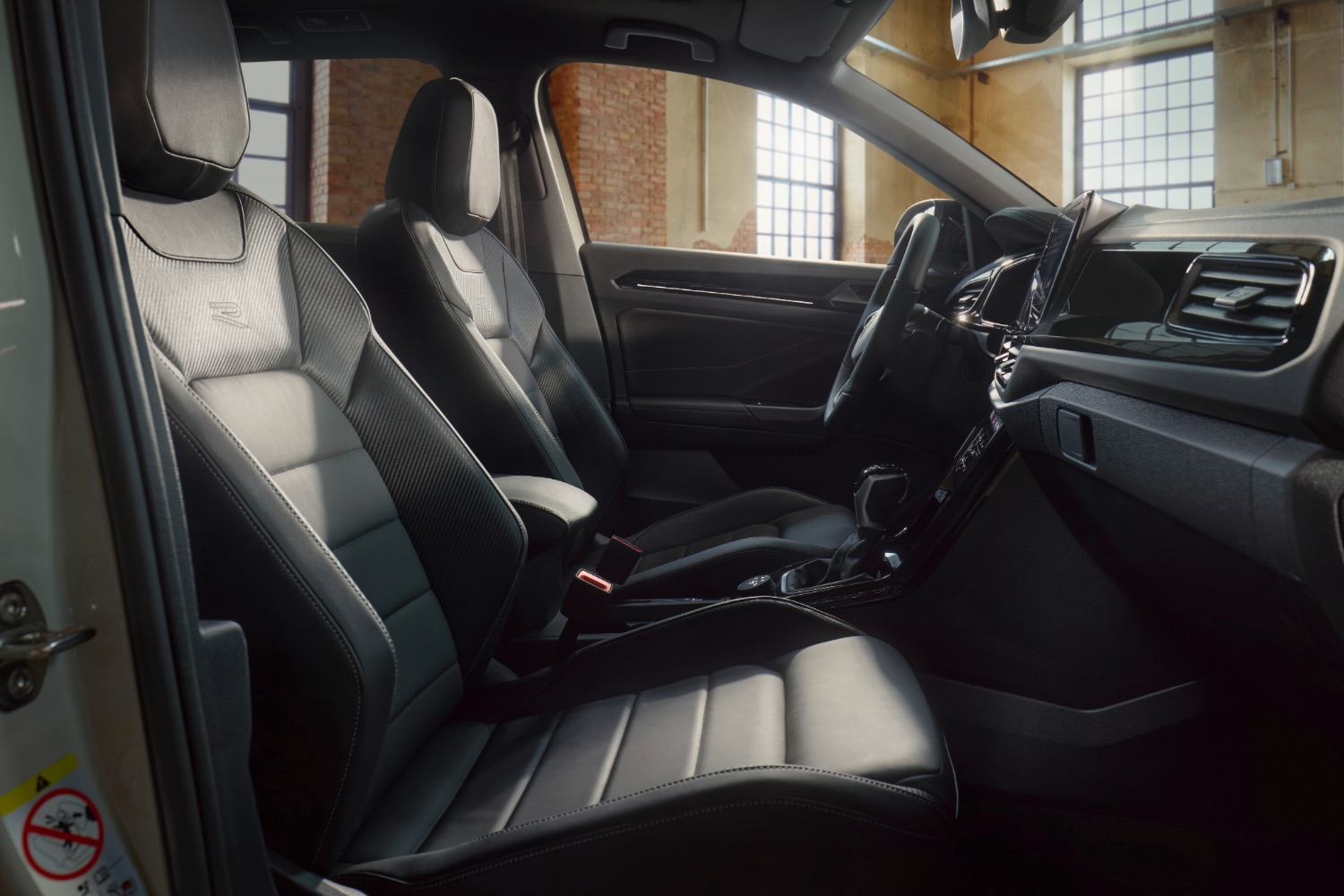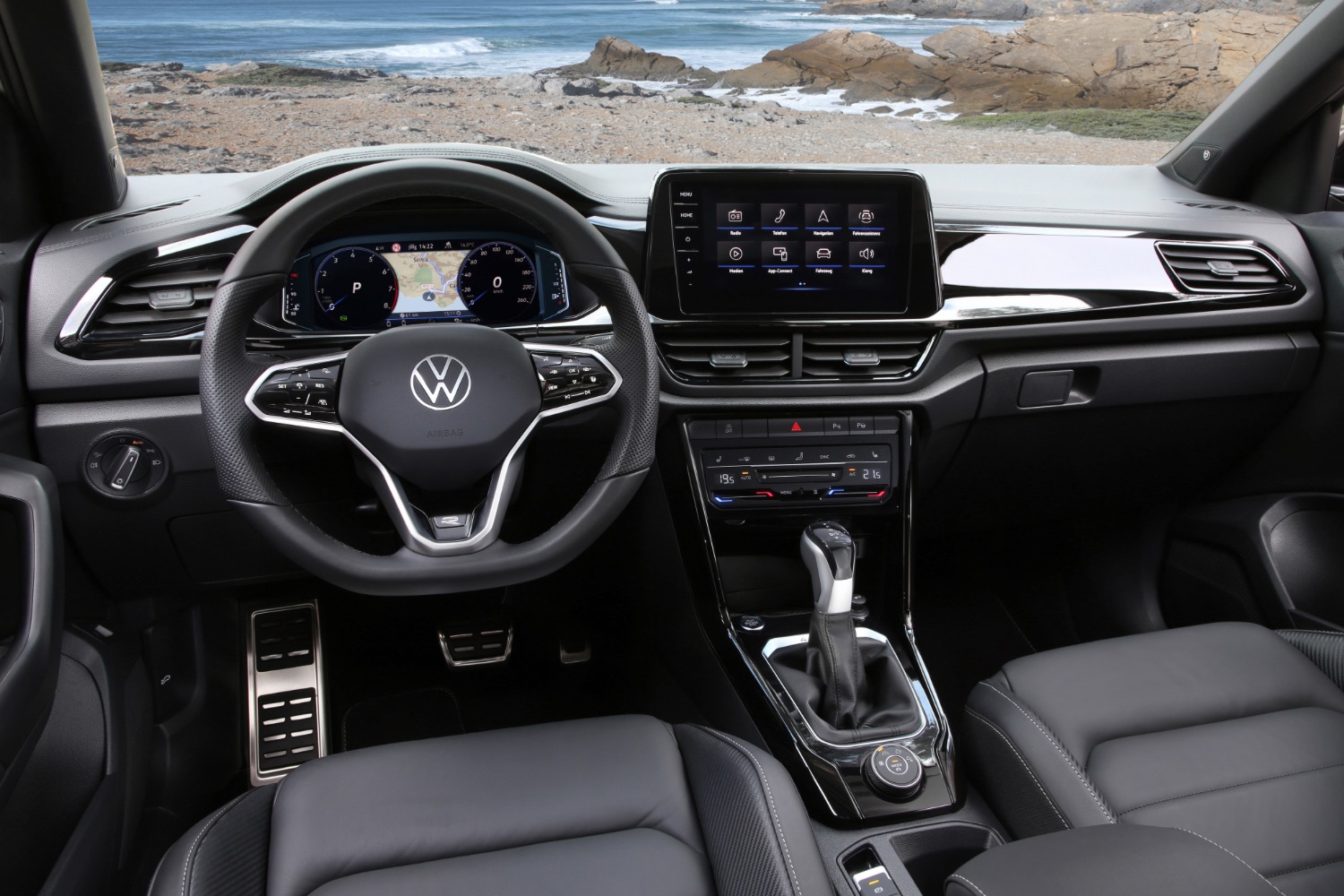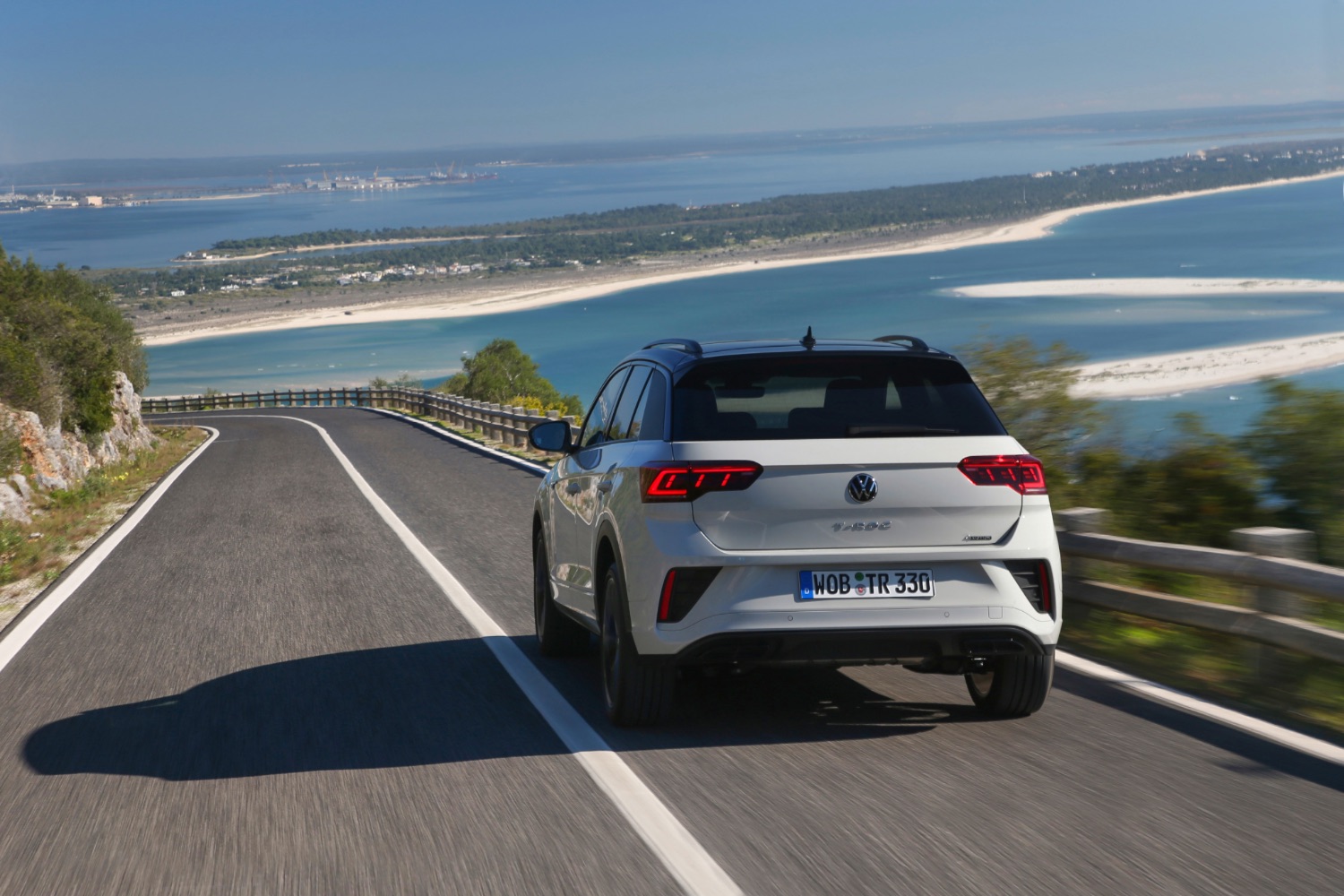The Volkswagen T-Roc has been recognised as one of the cleanest and greenest cars. Which sounds weird when you say it - how has a mid-size crossover, which has no electric model, gained such an accolade in the midst of a climate crisis?
Clean Air Index result
Well, it's down to the experts at Green NCAP, who have said that the T-Roc, in its 1.5-litre turbo petrol form, has the "best Clean Air Index result for a car with a combustion engine." According to Green NCAP, the T-Roc's 1.5 engine manages harmful pollutants impressively with a respectable 7.7 points out of ten.
However, that doesn't mean that the T-Roc is all that 'green.' Indeed, Green NCAP acknowledges that: "Due to its relatively high fuel consumption values in the Energy Efficiency Index, the T-Roc misses a three-star rating and finishes with an Average Score of 49 per cent and 2.5 Green Stars."
Do you want a truly green car? Green NCAP has been testing others and found that the new Nissan Ariya performed exceptionally well, with a 96 per cent Average Score and the full set of five Green Stars. NCAP noted that the Ariya's impressive 500km range does fall to more like 300km in cold weather or on long motorway journeys but praised it for having an efficient charging system (the Ariya can take on a 22kW charge on AC power). "Green NCAP strongly encourages manufacturers to be more efficient during the charging process so that more energy remains available for overall usage," said a spokesperson.
Poor performance for Volvo
Other cars tested in this round were the mild-hybrid version of the Volvo XC40, whose 2.0-litre turbo petrol engine: "Emits significant greenhouse gases resulting in a low Greenhouse Gas Index and consequently scores only 2.3 out of ten points. Also, the mild-hybrid system does not help the relatively heavy SUV to reach more than four points in the Energy Efficiency Index," said Green NCAP. The XC40's overall score was just 2.3 Green Stars.
The Renault Austral was also put to the test, and Green NCAP noted that its hybrid system gives it good fuel economy in both urban and rural conditions, in spite of its chunky 1,600kg kerb weight. The Austral also controls its harmful emissions well, although NCAP said that an improved cold-start regime would help it score more highly in this regard. Overall, the Austral scored three Green Stars.
Fiesta tested
While emissions regulations - absurdly - seem to be determined to kill off small, affordable, and frugal cars, Green NCAP decided to test a Ford Fiesta while it still can, putting an ST-Line Vignale 1.0 petrol with a seven-speed automatic transmission and 48-volt mild-hybrid system through the wringer. "The selected powertrain configuration displays commendable energy efficiency performance for a conventional petrol-powered car, but the pollutant-emissions control strategy is notably challenged in some tests and loses robustness under difficult highway conditions," said Green NCAP. "Overall, the Fiesta performed well but due to mediocre results in the Clean Air part of the assessment, delivers an Average Score of 42 per cent and 2.5 Green Stars."
The Hyundai Staria performed worst of all. The futuristic-looking van-based MPV came in for criticism from Green NCAP for its mass, size, and old-school 2.2 diesel engine. The Staria scored a single, solitary Green Star, with an average score of just 19 per cent.












